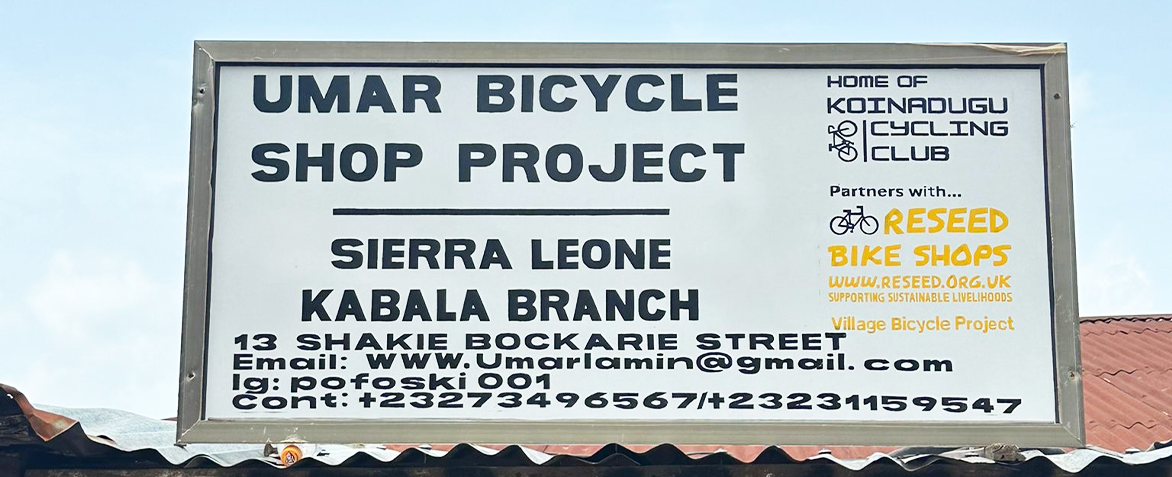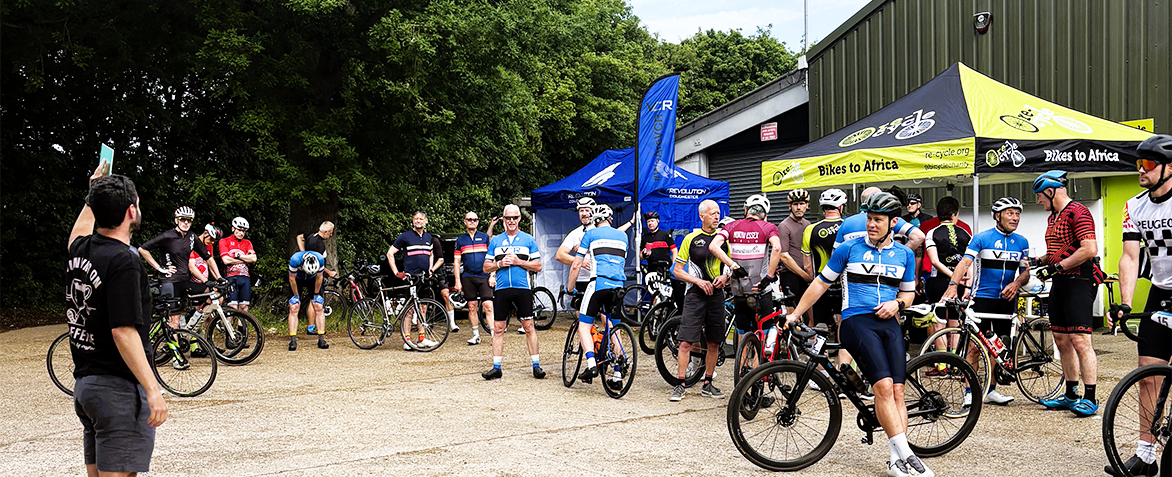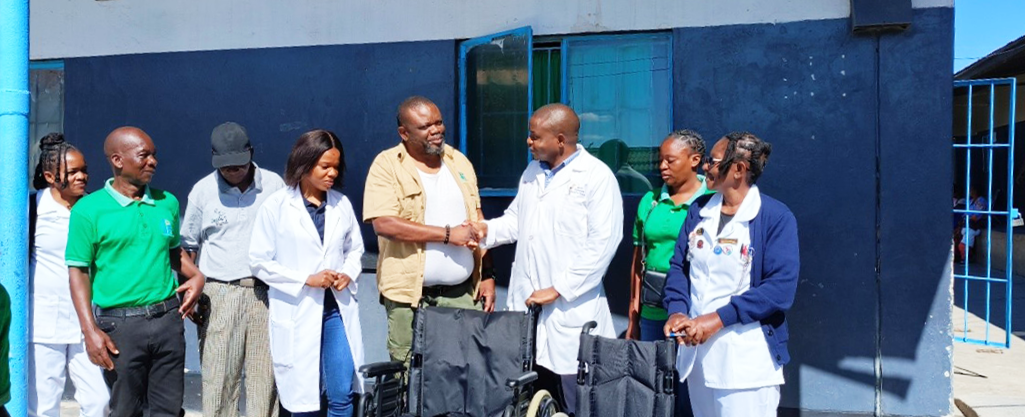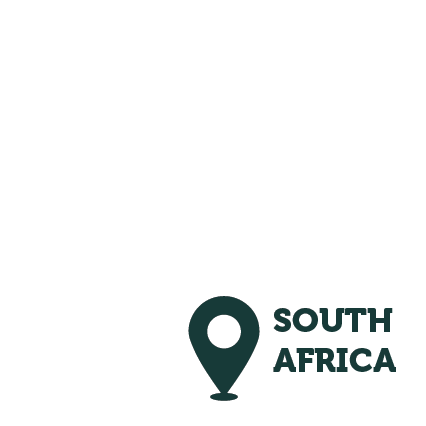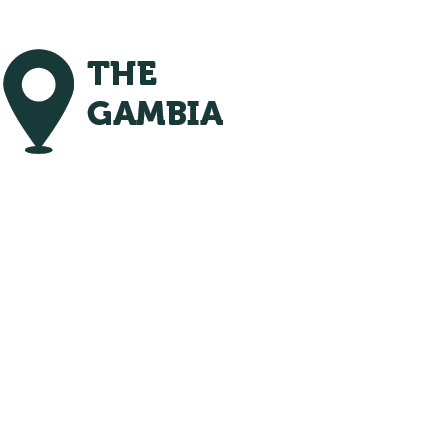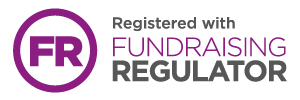
Our Partner in NIGERIA
Our Partners:
Gabriel Rotimi Aroge Empowerment Foundation
Re-Cycle and the Gabriel Rotimi Aroge Empowerment Foundation (GRA Empowerment Foundation) are collaborating to provide 1,000 bicycles to students in rural Lagos, tackling the challenges of long commutes that often prevent children from attending school regularly. By addressing transportation barriers, this initiative aims to improve educational access, reduce dropout rates, and promote safe, sustainable mobility for students aged 13-19.
Beyond bicycle distribution, the project includes essential training in bicycle maintenance and repairs, equipping 1,000 students with the skills to keep their bikes in good condition. Additionally, 10 local mechanics will receive training and necessary tools to ensure long-term maintenance support within the community. Road safety education will also be a key focus, increasing awareness and reducing the risks young cyclists face on their daily journeys.
An initial needs assessment will identify schools where transport challenges are most severe, prioritizing students who travel over 10 km each day. Baseline data—including safety assessments, health screenings, and stakeholder interviews—will be collected to measure the project’s impact.
Working together for the past
Re-Cycle has sent Zambia
Re-Cycle has sent Zambia
Our Initiative: Cycle-2-School (pilot Program)
The Cycle-2-School Nigeria project aims to improve access to education by providing bicycles to underserved students, helping to reduce school dropouts while promoting road safety and sustainability.
During the pilot program, 1000 bicycles will be distributed to students within Alimosho Local Government Area, Lagos State. The initiative will assess its impact on student mobility and school attendance, guiding future expansion efforts.
Re-Cycle (Bikes to Africa) will source the bicycles in the UK and ship them to Nigeria for local distribution. Students facing significant transportation barriers will be selected, ensuring the bicycles reach those most in need. A tracking system will monitor bicycle use and evaluate the program’s effectiveness.
By reducing transport challenges, this initiative supports UN Sustainable Development Goals, fostering long-term educational and economic benefits for students and their communities.



